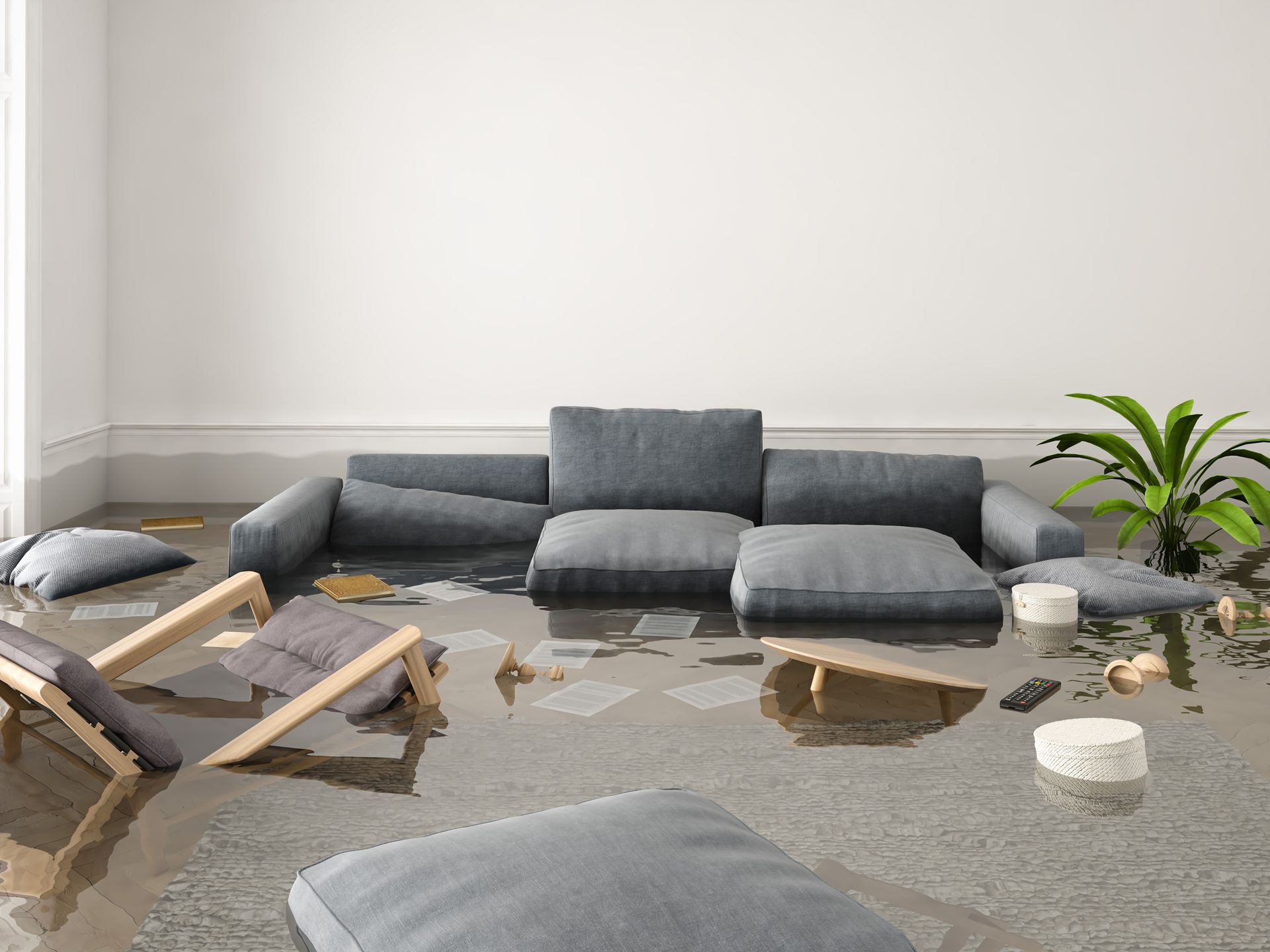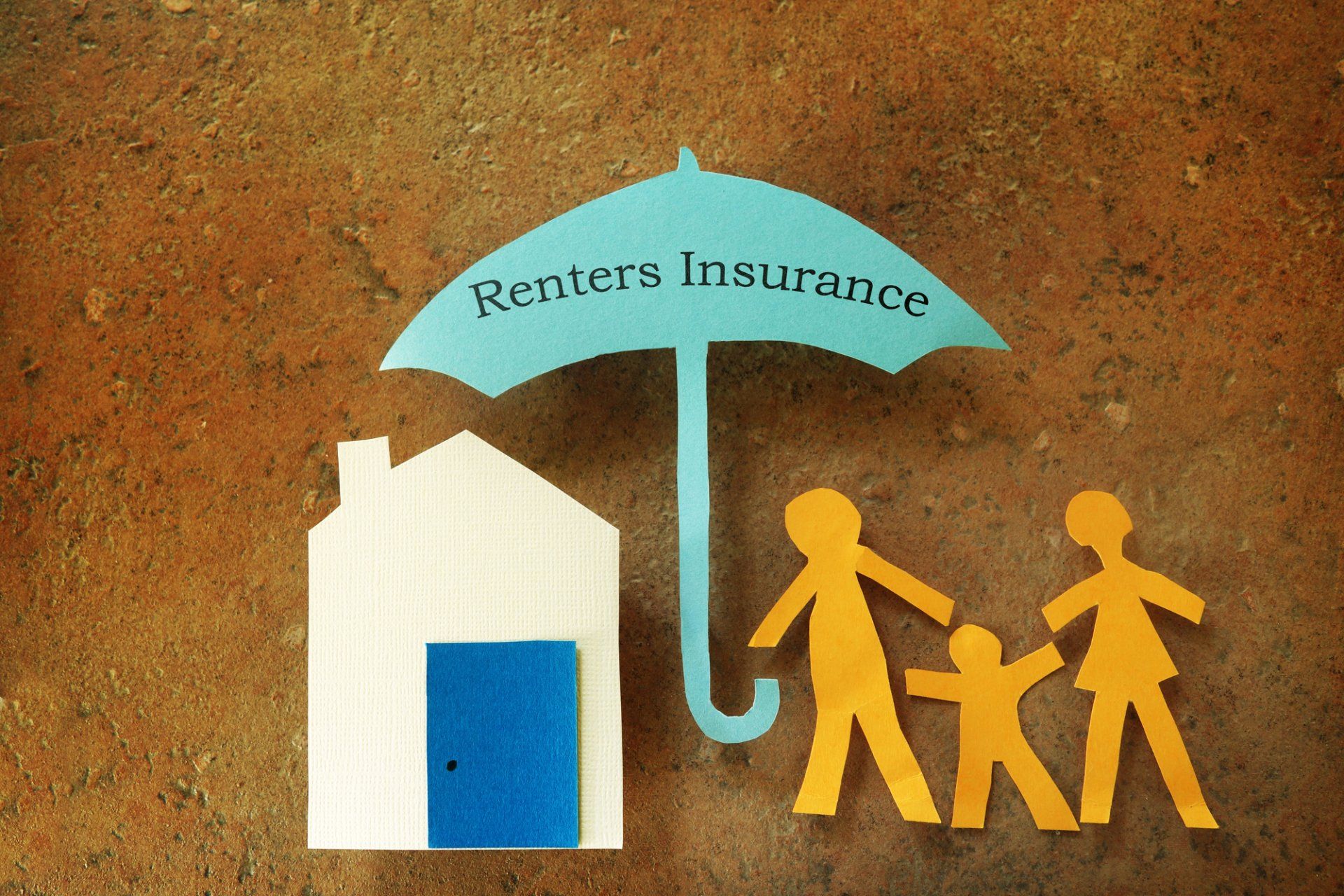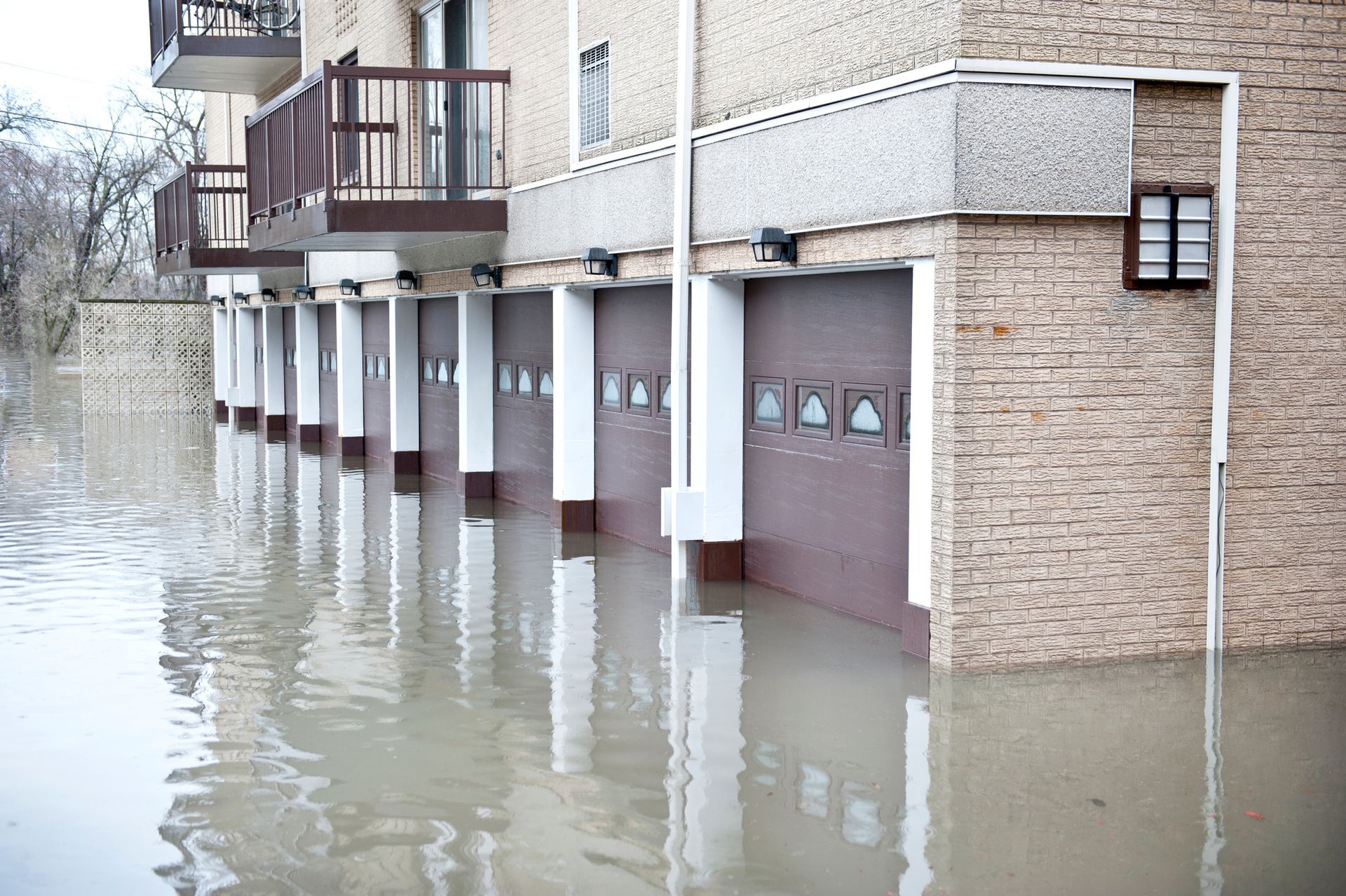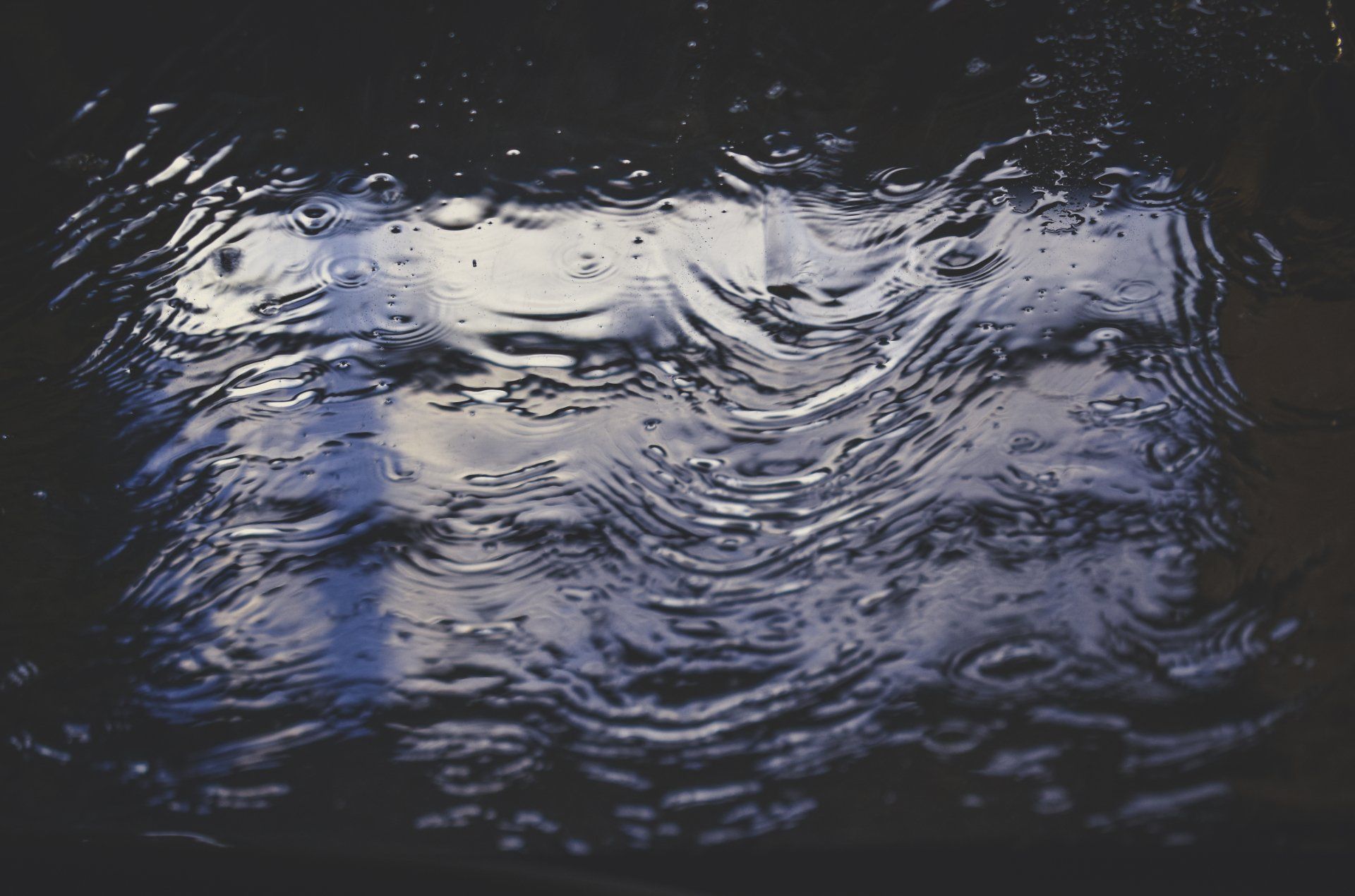How To Handle Flooded House Without Home Insurance
Floods are one of the most destructive natural disasters and can cause significant damage to property. As a result, it is important for homeowners to be aware of what they should do if their home is flooded and they have no insurance coverage.
Washington Flood Insurance Agency provide an overview of the steps that need to be taken in order to minimize damage and recover from such an event. It is essential for individuals who lack flood insurance coverage to take proactive measures before flooding occurs.
Preparation includes conducting research on potential risks associated with floods, creating evacuation plans, and raising awareness about safety protocols within the home. Additionally, this article will discuss how individuals without insurance can access financial aid and resources after experiencing a flood.
Contact Us
We will get back to you as soon as possible.
Please try again later.
Prepare For A Flood
Floods can endanger lives and seriously damage homes. You may considerably lessen the damage on your property and guarantee your family's safety by taking preventive actions and planning for a flood in advance. This article offers a thorough tutorial on how to get ready for a flood, outlining doable precautions to protect your house and reduce potential harm.
- Stay informed. Keep up with local weather news, flood warnings, and calls to evacuate that come from the right authorities. Sign up for emergency alerts through text messages or apps on your phone to be notified quickly if there is a chance of flooding in your area.
- Create an Emergency Plan. Make a detailed plan for an emergency with your family. This plan should include ways to get out of the area, a place to meet, and important information about how to get in touch with local emergency services, friends, and family. Make sure everyone in the family knows the plan and what to do if there is a flood.
- Prepare an Emergency Kit. Put together a well-stocked emergency kit with things like non-perishable food, drinking water, medicine, candles, batteries, a first aid kit, important documents (like insurance policies and identification papers), and cash. Keep this kit in a waterproof bag or case that is easy to get to.
- Safeguard Your Property. Set up storm barriers or sandbags to keep water from getting into your home. Put them in appropriate places around doors, windows, and other places where people could get in. Raise electrical outlets, switches, and appliances above flood level, preferably at least one foot above the estimated height of the water. Fuel tanks should be anchored, and outdoor chairs, trash cans, and other loose items that could become projectiles in strong currents should be secured.
- Review Insurance Coverage. Talk to your insurance company to make sure that your homeowner's insurance covers flood damage properly. If you need to, you might want to buy more flood insurance to protect your home and things.
- Document and Secure Valuables. Make a list of everything you own and take pictures or movies of it. Important papers and items that can't be replaced should be kept in a fireproof and waterproof safe or in a safe place off-site. Think about scanning important papers and keeping copies in the cloud.
- Create a Flood Emergency Checklist. Prepare a list of all the things you need to do when a flood is coming. This list could include things like turning off utilities, unplugging electrical tools, moving valuables to higher ground, and securing important items.
- Maintain Landscaping and Drainage. Check and fix your property's sewage system on a regular basis. Clear out the gutters and downspouts, make sure the ground slopes away from the base, and cut back trees and bushes to reduce the damage that could happen in a flood.
- Develop a Communication Plan. Set up back-up ways to talk in case the power goes out or the network goes down. Share your emergency contact information with family members and friends, and choose a person who lives outside of town to be your main point of contact.
- Practice and Review. Practice your escape plan with your family often to make sure everyone knows what they are supposed to do. Review and improve your flood-prevention plans every year or when things change.
All homeowners should take steps to educate themselves on how best to prepare their homes against potential flooding events in order to minimize any losses they might experience.
Minimize Damage During A Flood
When a flood occurs, it is important to take steps to minimize the damage done. One of the first things that should be done is relocate any valuables or items in danger of being lost due to flooding. This can include furniture, electronics, and other potentially water-damaged items.
It may even be wise to consider evacuating all occupants if necessary. If evacuation is chosen as an option, make sure that there are safe routes available for each person involved and keep track of any transportation needed, such as boats or vehicles capable of navigating through high water levels.
In addition to moving possessions out of harm’s way, it also helps to have a plan ready on what needs to be taken care of immediately after the event—this includes filing insurance claims, contacting contractors for restoration services, and locating temporary housing accommodations if required.
Making these decisions ahead of time can help save valuable time during a crisis situation. It is imperative that safety remain the top priority when dealing with a flooded home; assessing potential risks within the building structure must be conducted by qualified personnel prior to reoccupying the premises following a significant rainfall event. Taking precautionary measures before entering the dwelling will ensure its stability and prevent further destruction from occurring inside your home.
Protect Yourself And Your Family During A Flood
In the event of a flood, it is important to take measures to protect yourself and your family. The first step that should be taken is to secure shelter. This can include staying with friends or family members who live in an unaffected area or looking into local hotels that are not in danger of flooding. It may also involve taking advantage of relief programs offered by government agencies such as the
Federal Emergency Management Agency (FEMA).
The second step in protecting yourself and your family during a flood is creating a plan for evacuation if necessary. This involves having an emergency kit ready at all times, containing items such as flashlights, extra batteries, bottled water, non-perishable food items, blankets, medication, and other essentials. In addition, you should identify multiple escape routes from your home and have designated meeting places both inside and outside of your neighborhood that everyone in the household knows about beforehand.
It is also essential to stay up-to-date on weather advisories so you can remain informed about potential dangers associated with flooding. Keeping track of forecasts through reliable sources like the National Oceanic and Atmospheric Administration (NOAA) will help ensure that you know when it’s time to evacuate before conditions worsen. By taking these precautions, you and your family can stay safe even without insurance coverage and greatly reduce the risk that floods pose.
Recovering After A Flood
When a home is flooded, the first step should be to assess the damage. The homeowner should take stock of each and every room affected by flooding to determine what can be salvaged and what needs to be replaced. It's important that homeowners not enter any areas with standing water, as this could lead to electric shock or other potential harm.
A figurative wave of emotion may come over someone in these circumstances; it’s essential they remain calm and seek help from professionals who specialize in flood restoration.
- Call your insurance company if you have coverage for floods.
- Contact professional contractors experienced in dealing with floods, such as plumbers, carpenters, drywall installers, etc., depending on the extent of damage done to your property.
- Document everything, including pictures and videos, before cleaning up debris or throwing out damaged items; this will help when filing an insurance claim, if applicable.
If necessary, contact local government agencies like FEMA for assistance during recovery efforts following a flood event; they provide various services such as financial aid, legal advice, and resources to help get back on track after a home has been flooded.
Access Financial Aid And Resources
After the flood has passed, it is important to assess the damage and losses incurred. To begin with, accessing financial aid and resources should be a priority for those who cannot afford to repair or replace their belongings without help. Grants, loans, donations, and volunteer services are available for homeowners affected by floods in many areas.
The following table outlines some of the options that may be available:
| Financial Aid | Description | Eligibility Requirements |
|---|---|---|
| Grant Funding | Special grants from government agencies for rebuilding homes damaged in natural disasters such as floods. | Must meet specific criteria set forth by each agency; typically requires proof of home ownership and income level. |
| Low Interest Loans | Short-term low interest loan programs designed specifically to finance repairs and reconstruction after flooding events. | Qualifying conditions vary depending on program; generally require proof of loss due to flooding and evidence of ability to repay loan. |
| Donations & Volunteers | Charitable organizations provide assistance through monetary donations or volunteer labor teams to help rebuild homes destroyed by flooding incidents. | Generally open only to certain regions where there are active relief efforts; rules regarding eligibility can vary based on organization guidelines |
It is essential that all documentation related to damages inflicted upon personal property during the flood be gathered before applying for any type of assistance, including photographs and receipts. Before filing an insurance claim, homeowners must check with their local Office of Emergency Services or American Red Cross chapter about what types of assistance they qualify for. In addition, potential applicants should research state laws governing disaster relief funds prior to making decisions about how best to proceed.
By carefully researching all applicable options and thoroughly documenting damages caused by flooding, individuals can access financial aid more easily while ensuring they receive adequate compensation for repairing or replacing their home's contents.
Fight Flood with Flood Insurance at Washington Flood & Quake Insurance Agency
It is estimated that over 60 million people worldwide are exposed to flooding annually. As a result, it is important for homeowners to take precautionary steps in order to protect their home and family from potential flood damage. Even if you take all the necessary precautions, it's still possible for floods to damage your home without having a flood insurance policy. In this unfortunate situation, there are resources available that can help with the recovery process following a flood event. It is recommended that homeowners take advantage of these financial aids and resources as soon as possible in order to reduce further damages and begin the recovery process.
Affordable Insurance With Personal Service - Local Agents & Brokers
CONTACT US
Phone: 206-759-2566
Insurance Services
Have Questions or Request A Quote
Contact Us
We will get back to you as soon as possible.
Please try again later.








